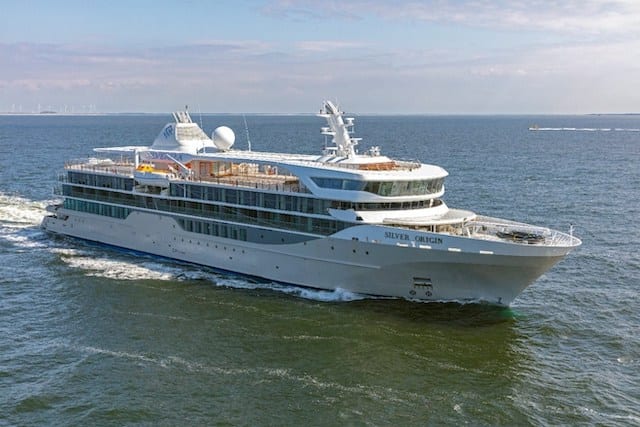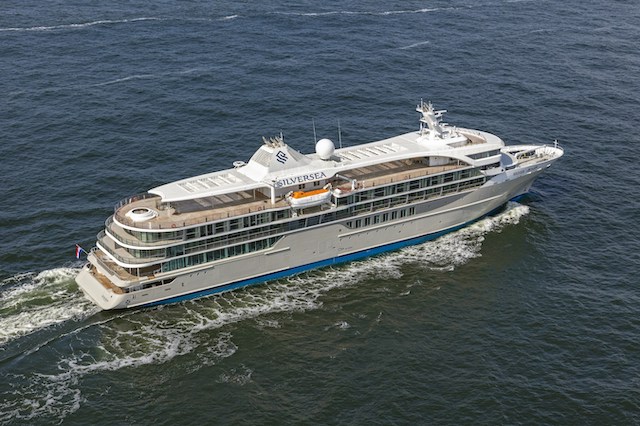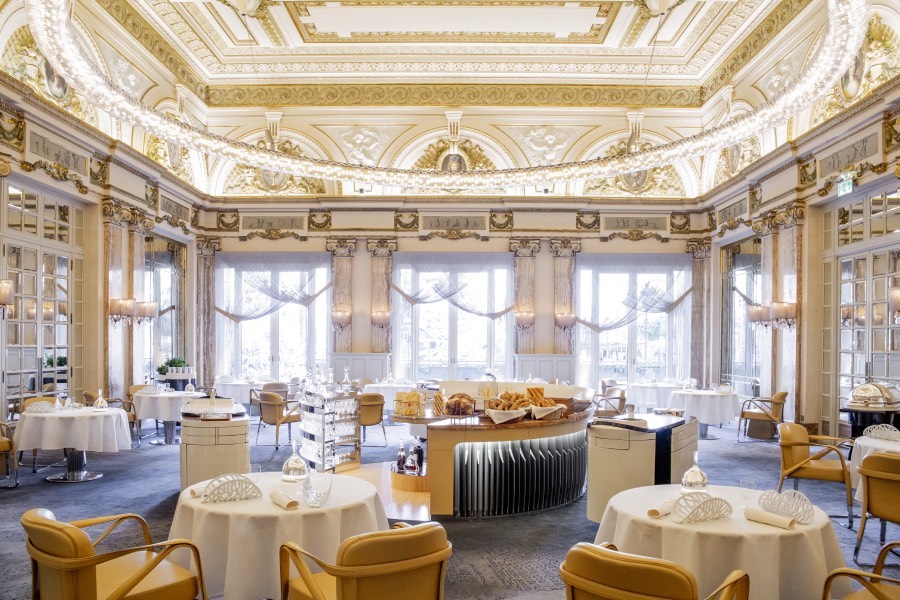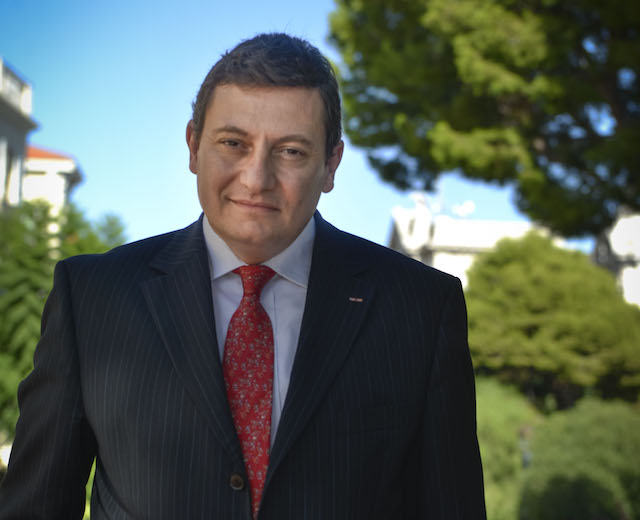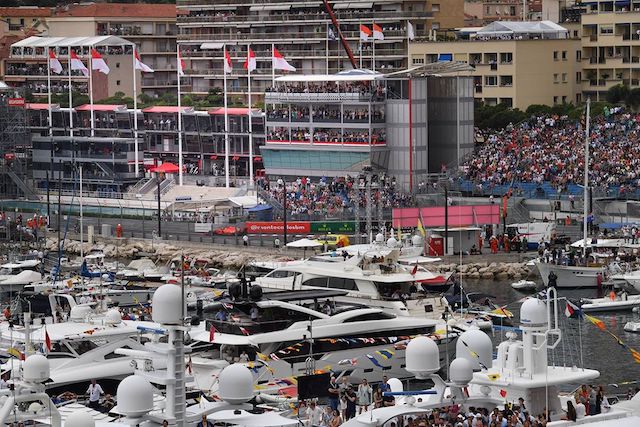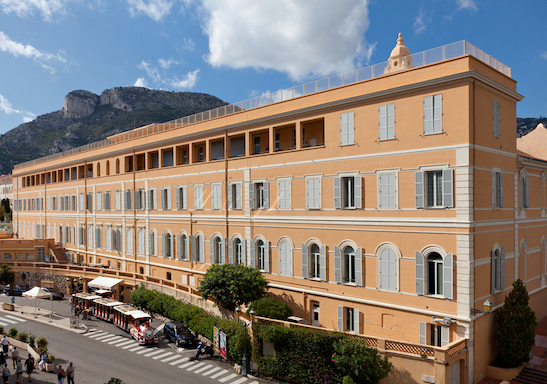The Monaco Economic Board has its finger on the pulse of the Monegasque economy and the local businesses that support it.
While some sectors have taken an enormous hit from the Covid-19 crisis, MEB CEO Guillaume Rose remains optimistic about Monaco’s recovery. Why? Because, he says, this is not the same as last decade’s financial crisis or the Great Depression.
Monaco Life: What is the feeling right now among the business community in Monaco?
Guillaume Rose: The crisis has had an enormous impact, according to sectors. In events, tourism, air traffic, yachting, retail and small shops, everything was completely locked down. But interestingly the size of a businesses is not what’s important, it is the sector. Trade has not been hard hit at all, in fact businesses kept exporting during the lockdown, particularly with regards to food and beverage and everything linked to essentials. The food and beverage trade sector lost less than 20% during the lockdown, which is nothing compared to the rest. On the other end of the scale, when it comes to event management and tourism, around 90 to 100% of their revenue was lost.
What is the mood among businesses now the lockdown has been lifted? Is there a sense of positivity or foreboding?
People are still extremely worried. In all sectors, most people think – best case scenario – they will recover by the end of 2020, but the general feeling is that recovery will not happen before the second trimester of 2021.
Which sectors are the largest in Monaco?
The largest contributor in Monaco are real estate and construction, banking and finance, followed by international trade, which is not really well known. We actually have a lot of trade with Africa, but again this sector does not see recovery until at least December 2020 or January 2021.
The Monaco Grand Prix was due to be held this coming weekend. What impact has the cancellation of this event had on Monaco?
With regards to tourism, it is having an enormous impact. The State is helping companies in Monaco to survive by giving them money to stay afloat. But many operators of the GP have lost a lot, especially event management companies. Some only work with the Grand Prix and have spent an entire year on this project.
But I am not 100% sure that the State will lose a lot with the cancellation of the GP, because it costs an enormous amount of money to host it. Of course, for the hotels, it is catastrophic. May and June are normally the pearl of the hotel season, some make up to 10% of their entire revenue with the GP. By the end of the year, because business tourism has also been deeply impacted and will continue to be impacted until 2022, I think the hotels will have lost a lot of money.
Experts predict the coronavirus pandemic will trigger the worst economic slump since the Great Depression of the 1920s. What will that mean for Monaco?
The difference between this crisis and all the others, including the Great Depression and the 2008/09 financial crisis, is that they were financial crises. This is not. When you look at the stock exchange, it is not bad at all. The banks have three to four times more money than they had during the financial crisis. So, this crisis is going to be different in the fact that money is still there. The economy has suffered but money is still in the banks. In other crises, money was not in the banks so they had to take it from the economy to recover. Now, in fact, it is the opposite. Banks and financial institutions are in a position to conserve the economy. The following months are going to be very interesting.
What about recession?
Yes, there will be a recession, no doubt, but if the financial system pays it forward, I think that it could help recovery in three to six months. Will economies soon recover fully? Certainly not, but I think recovery at least to the level of 2009/2010 will be easy.
Do you think we learnt enough from last decade’s financial crisis to help with the current situation?
It is a different situation, but I think that we know for sure that austerity is not the solution. Injecting money has been very well understood by all governments. In Australia, for example, which is a very interesting resumé for everybody because it is a country which is both big and small, they invested money and the country is already recovering, according to our MEB office there.
Do you see austerity on the horizon in Europe?
I think it could apply. It depends on the cooperation between Member States of course. Monaco is not really in Europe so it’s more fragile. But it can still be resilient because it is so small and flexible, we can create our own frame for recovery here which can be navigated by other countries. We depend on the European economy of course, 60% of our business is made with Europe, but we still think that, because this is not a financial crisis and because Monaco is a financial destination, we can take advantage. I think it could be an opportunity, if we are clever enough, to suffer a little less than other countries.
But there will be some companies that simply will not survive this crisis…
What is certain is that the government doesn’t want any company to fail or go bankrupt, so I am confident that it will make every effort possible to arrange the best conditions for companies. Of course we will have some victims, but the government is aware that these companies were not performing well before the crisis. I think that most of the companies which had good fundamentals before the crisis will survive, and the government will do everything it can to support their situation.
Much of the MEB’s work is generating business relations through international meetings. How has this been affected by the crisis?
It has been extremely affected, but for two months we have been working on new ways to help our staff “travel” through virtual meetings with chambers of commerce in other cities, to try and build new ways of generating business together. We think that this crisis will last until there is a vaccine, so we won’t be able to travel beyond Europe before then. But we will definitely go back to Italy, Belgium, Netherlands, England, and maybe Germany. In the meantime, we are working with tools like Zoom and Meet – something completely different in our way of thinking. We have also reorganised the MEB, promoting Justin Highman to my number two, and reorganising the team so that we work closer with the Energy and Digital Transitions which are at the heart of Monaco’s new economy.
Is the digital sector a major focus of the MEB?
Definitely. It is going to be a crucial sector and we won’t be able to work without it. Moreover, Diego Bonaventura, who managed Monaco Chamber of Commerce, is leaving MEB to join the Interministerial Delegation responsible for the Digital Transition. He will head up the Digital Business unit. In joining this dynamic entity led by Chief Digital Officer Frédéric Genta, he will serve to reinforce links between our two entities.
How do you see the future of Monaco?
Travel and tourism will start again sooner than expected, I am absolutely sure of that. People need dreams, they need to travel, to be entertained, to see new things and meet new people. This will not disappear. I am very confident for the total recovery of the tourism industry and everything related to it in the near future.
Economically, I think that the coming months are going to be very harsh because we all will struggle. Then, if we make arrangements – with the digital and energy transitions – and Monaco plays its role there and listens to the companies already present in the Principality and becomes a hub for new green technologies, I think we will be really well positioned. I am very optimistic for 2021.

